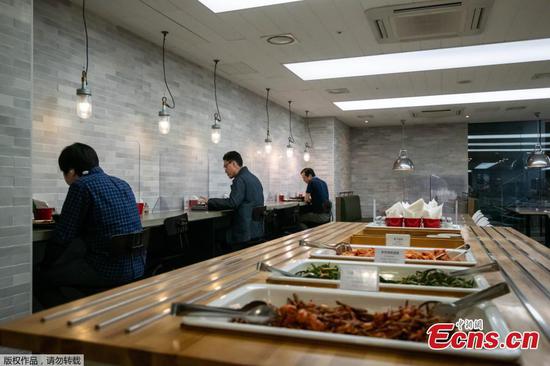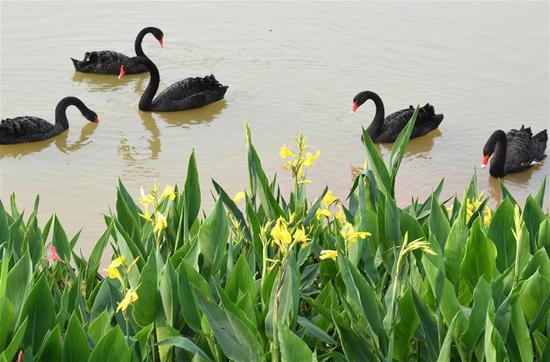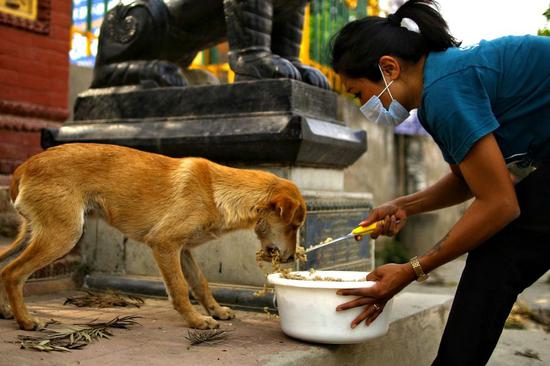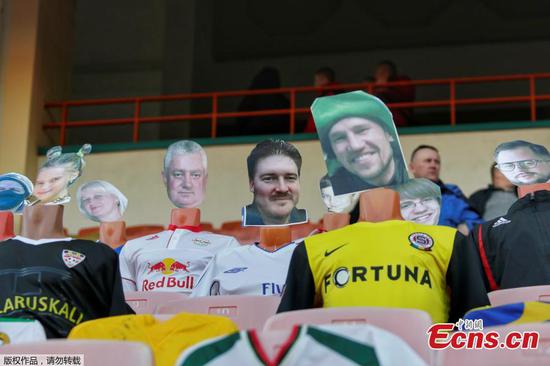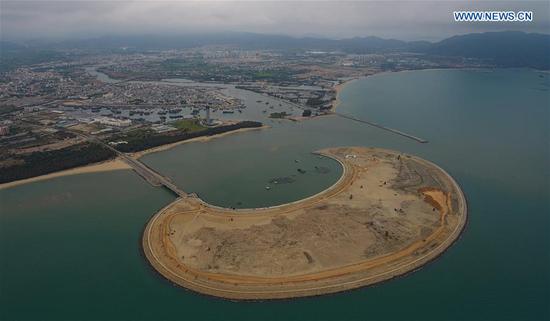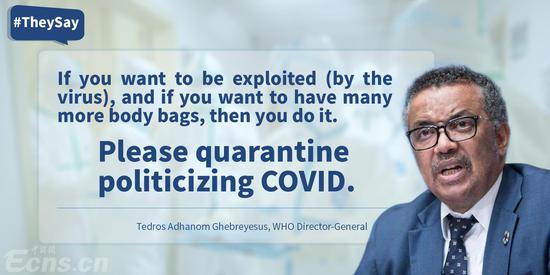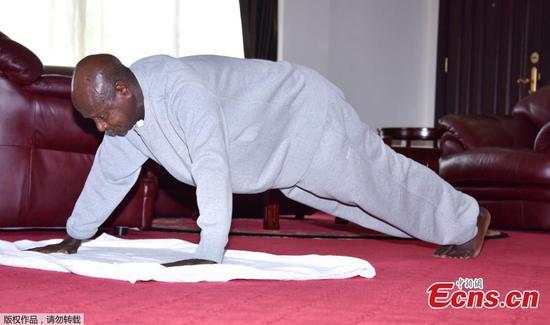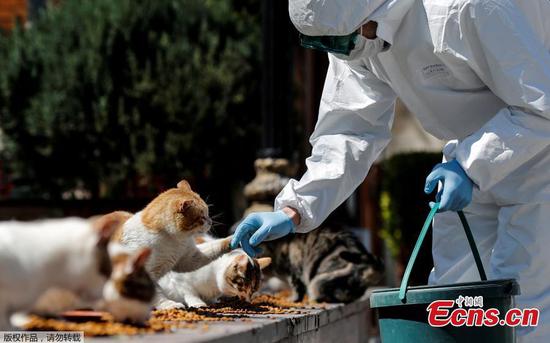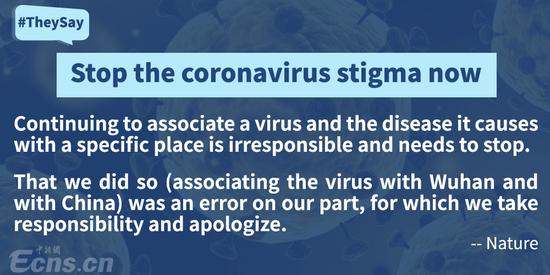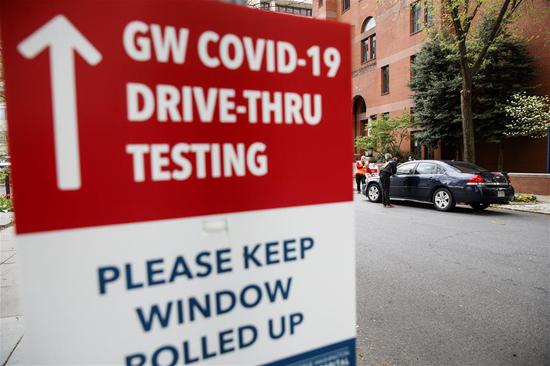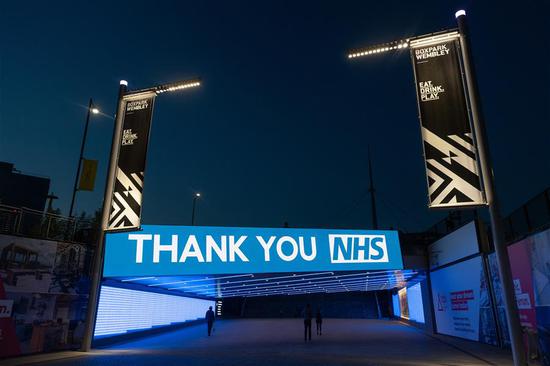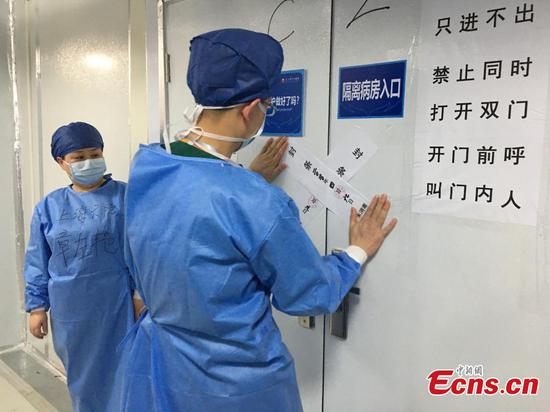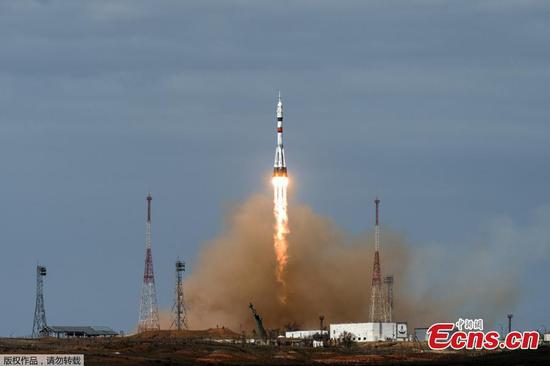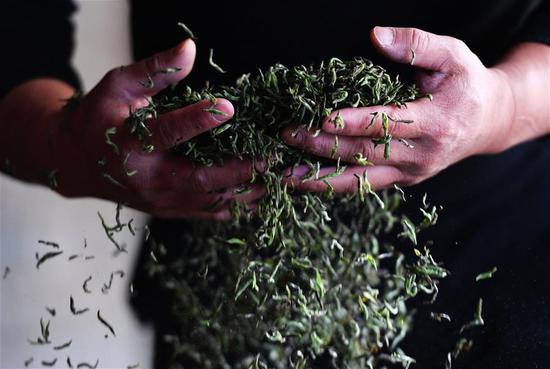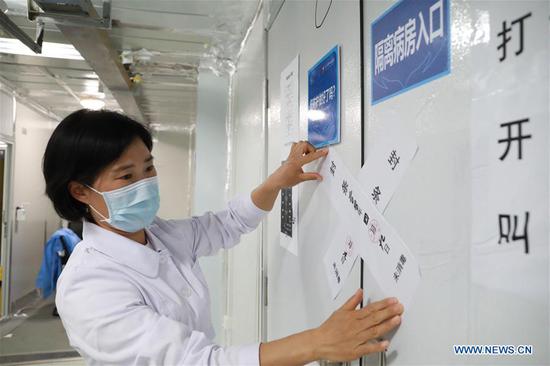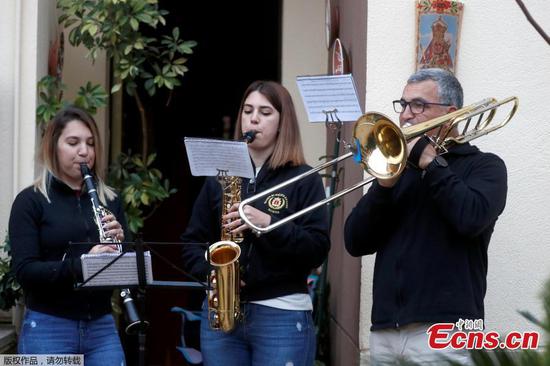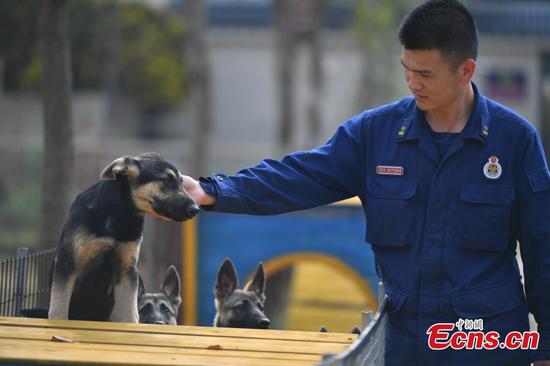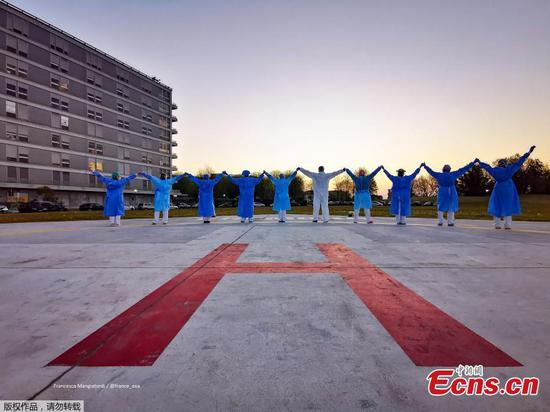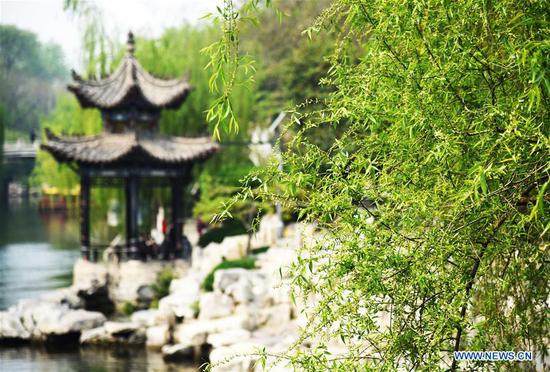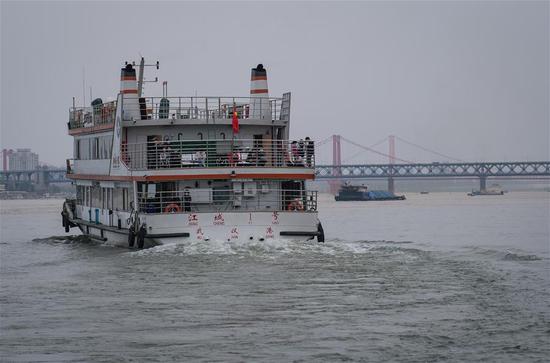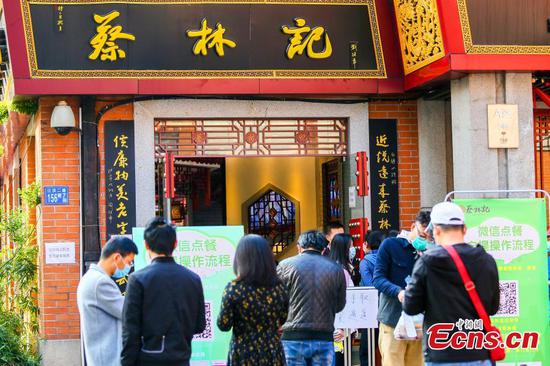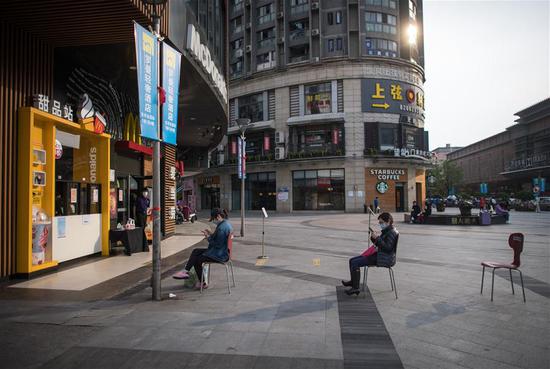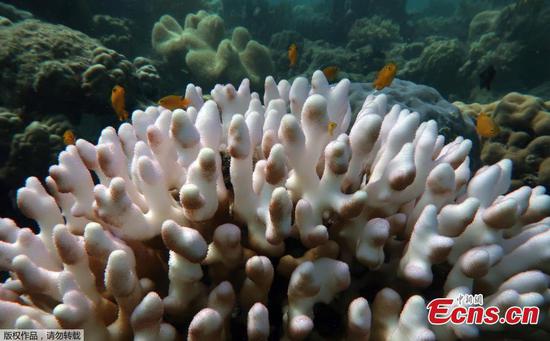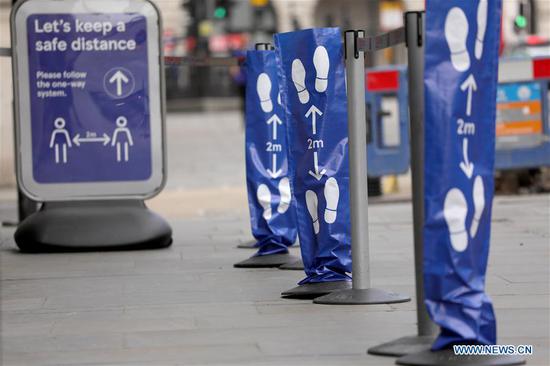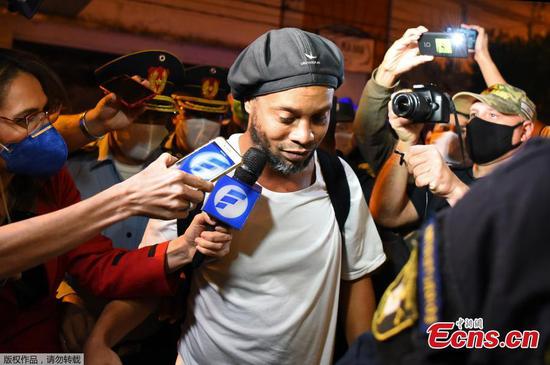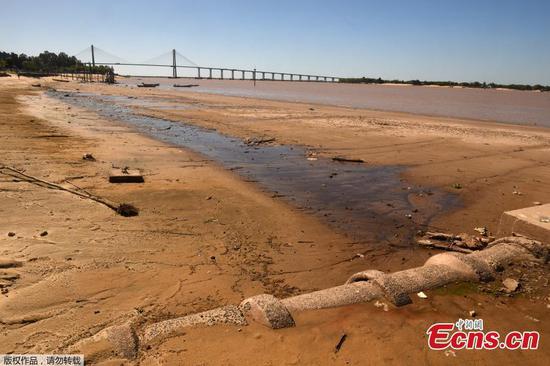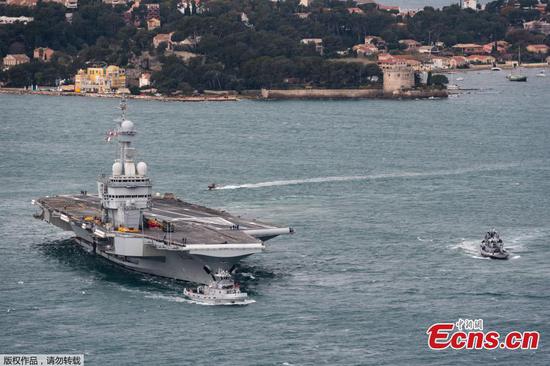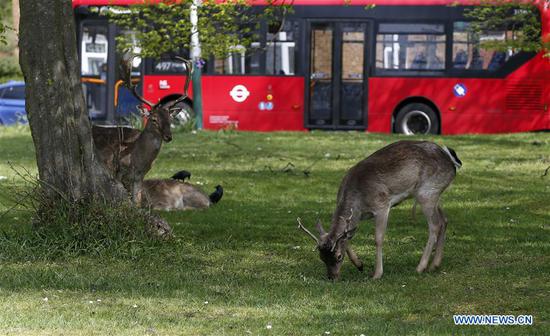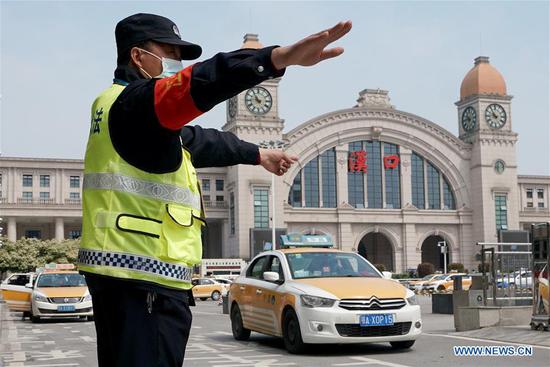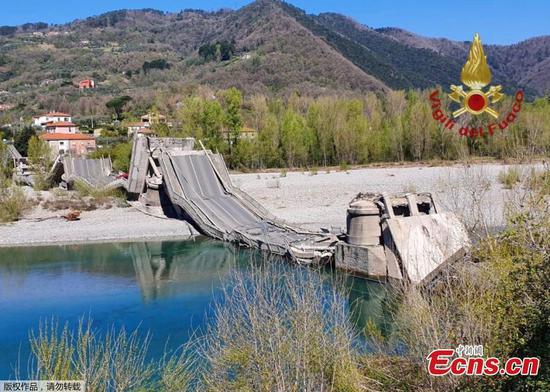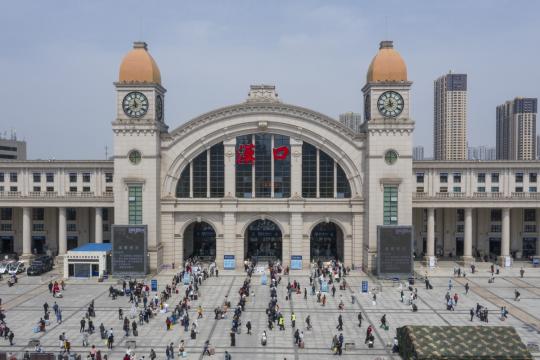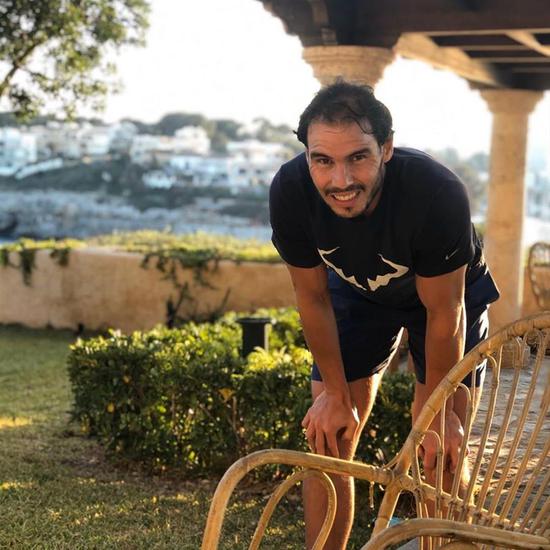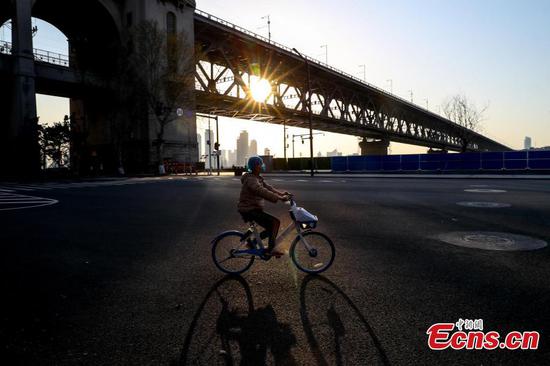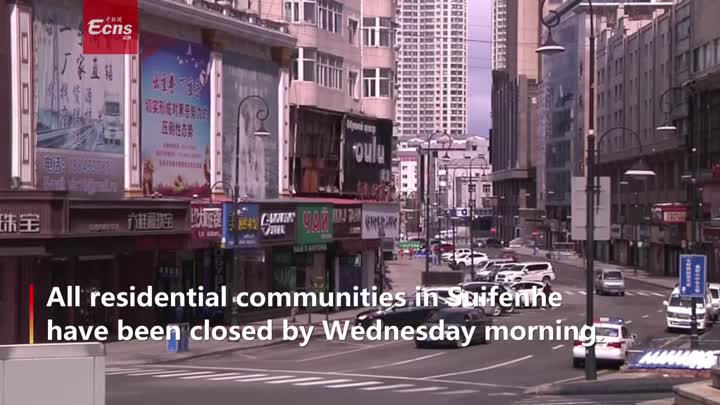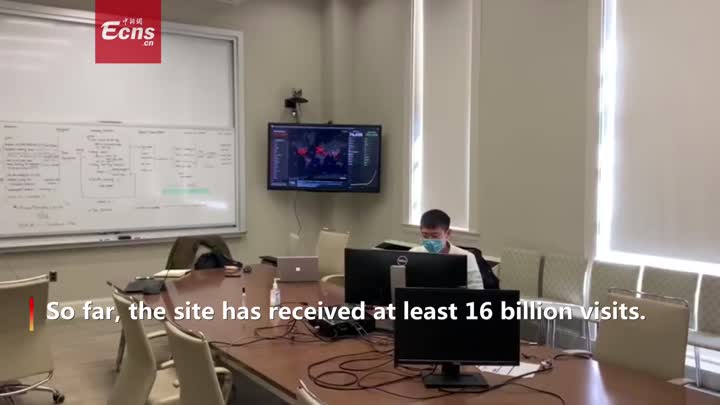As the lockdown is lifted in Wuhan, progress in the city’s fight against the novel coronavirus (COVID-19) has entered a new stage. Over 100 volunteers began Phase II clinical trials on Sunday as the global race for a vaccine is underway to safeguard against a second outbreak.
The random, double-blind, placebo-controlled Phase II trial does not require 14-day quarantine for centralized medical observation as medical personnel will visit the volunteers and provide consultations.
The volunteers received injections on Sunday, unaware of their dosage amount, according to the double-blind experiment procedures, Global Times learned.
Phase II will include 500 volunteers and use a placebo group to help evaluate the safety and efficacy of the vaccine.
Huang Shiyue, an 18-year-old student and one of the youngest volunteers, underwent a physical examination on Sunday that included nucleic acid testing, an HIV test, and a blood and urine tests.
"There are also strict requirements for height and weight, and your body mass index (BMI) must be between 18 and 30. Underarm temperature cannot be above 37°C. I feel lucky and excited to be selected from over 50,000 applicants,” Huang told the Global Times.
After receiving the injections, the volunteers had their body temperatures checked and underwent observation for adverse reactions for 30 minutes before they were released.
Huang remained under observation after she began feeling dizzy, and her heartrate increased, experienced diarrhea symptoms. Medical experts said she would have a fever for the next 24 hours, which is a typical reaction.
The Phase I trials found the vaccine causes fever, pain, redness, and swelling. The higher dosage group was more prone to fever, but majority of them returned to normal conditions within 24-hours, making the Phase II clinical trial ultimately restrain its recipients in medium-dose group (250 cases), the low-dose group (125 cases), and the placebo control group (125 cases).
The new volunteers were selected Thursday and made up of healthy adults aged 18 years and older and without a history of COVID-19. To be eligible to participate in the Phase II trials, the volunteers had to ensure they would be available follow-up tests in six months.
“Three medical workers kept me company after the side effect turned out. They monitor my heart rate at intervals and dispelling my initial slight fears,” Huang said, explaining that researchers and volunteers use a WeChat group to provide updates on their body temperatures and to receive consultations should they experience any side effects. The research team has also provided commercial insurance for the volunteers.
Medical experts will observe the volunteers, and visit them on day 14, day 28, and at the end of the six-month period. The volunteers will receive 500 yuan ($71) as reimbursement for each blood test.
The Phase I trial aimed to evaluate the safety and immunization of the vaccine, while the Phase II and III will assess its effectiveness, a Beijing-based immunology expert who asked to remain anonymous told the Global Times.
The last group of Phase I volunteers ended their 14-day quarantine on Thursday. Many of them have become internet celebrities on Weibo for live-streaming their experiences. The vaccine research team announced they were accepting volunteers on March 17.
The development of the recombinant vaccine involved inserting the novel coronavirus' DNA encoding antigen into other microorganisms to create a new virus, which will not infect receivers with the disease , according to experts.









